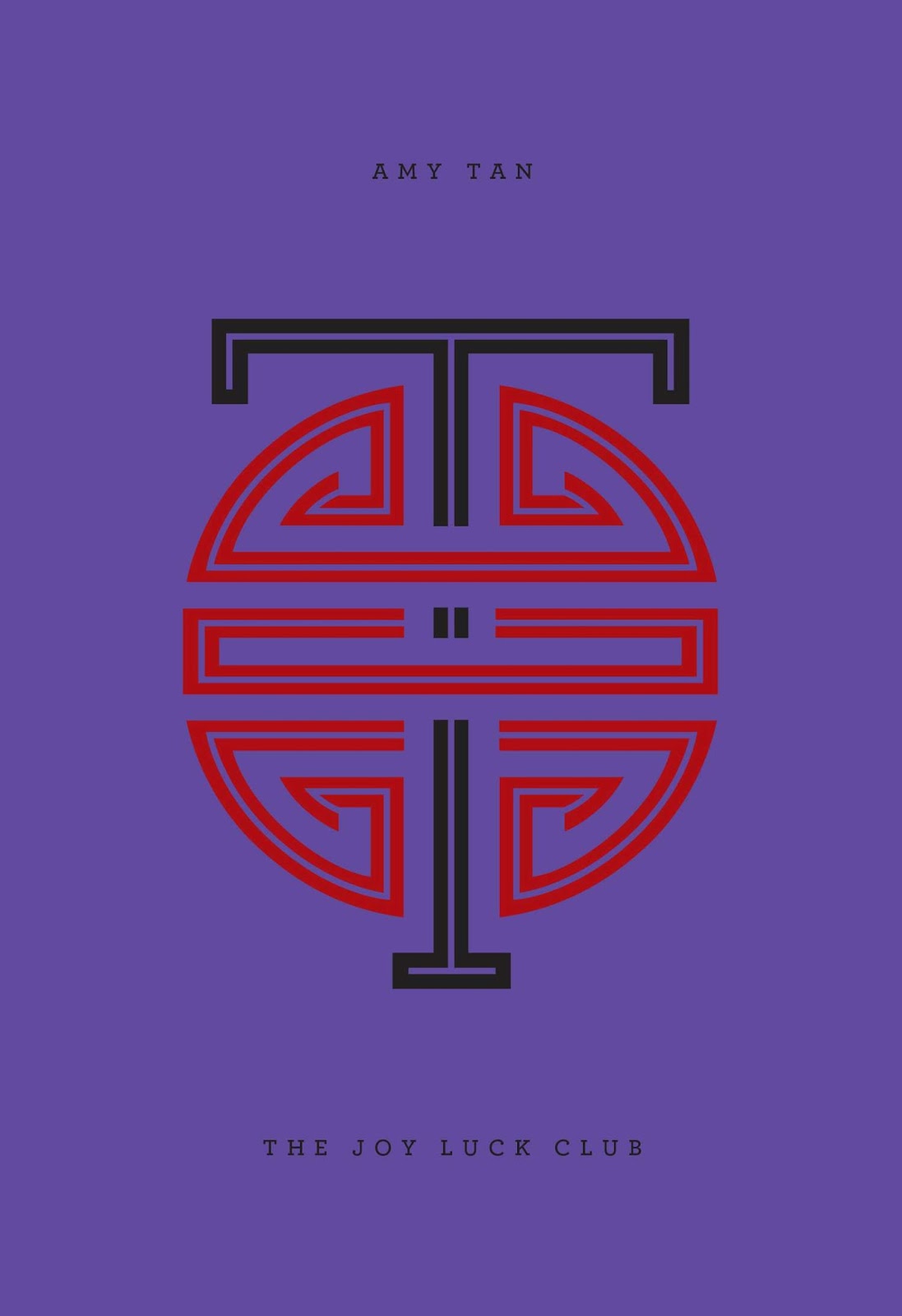

Tan is an astute storyteller, enticing readers to immerse themselves into these lives of complexity and mystery. The life histories of four East Asian women and their daughters reflect and guide each other. Mothers boast or despair over daughters, and daughters roll their eyes even as they feel the inextricable tightening of their matriarchal ties. As each woman reveals her secrets, trying to unravel the truth about her life, the strings become more tangled, more entwined. In ''The Joy Luck Club,'' her first novel, short-story-like vignettes alternate back and forth between the lives of four Chinese women in pre-1949 China and the lives of their American-born. With wit and sensitivity, Amy Tan examines the sometimes painful, often tender, and always deep connection between mothers and daughters. Their daughters, who have never heard these stories, think their mothers' advice is irrelevant to their modern American lives – until their own inner crises reveal how much they've unknowingly inherited of their mothers' pasts. United in loss and new hope for their daughters' futures, they call themselves the Joy Luck Club.

Each of the four Chinese women has her own view of the world based on her experiences in China and wants to share that vision with her daughter. Master storyteller Amy Tan examines the sometimes painful, often tender, and always deep connection between mothers and daughters in this New York Times. In 1949, four Chinese women, recent immigrants to San Francisco, meet weekly to play mahjong and tell stories of what they left behind in China. Putnams Sons in 1989, presents the stories of four Chinese immigrant women and their American-born daughters. Four mothers, four daughters, four families, whose histories shift with the four winds depending on who's telling the stories.


 0 kommentar(er)
0 kommentar(er)
